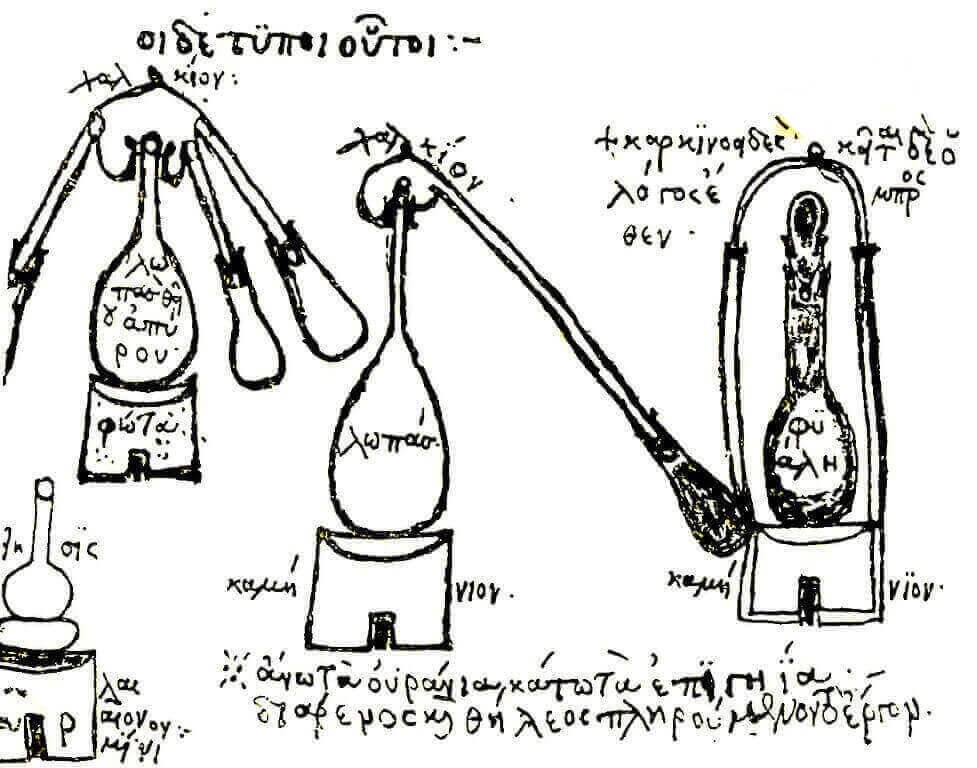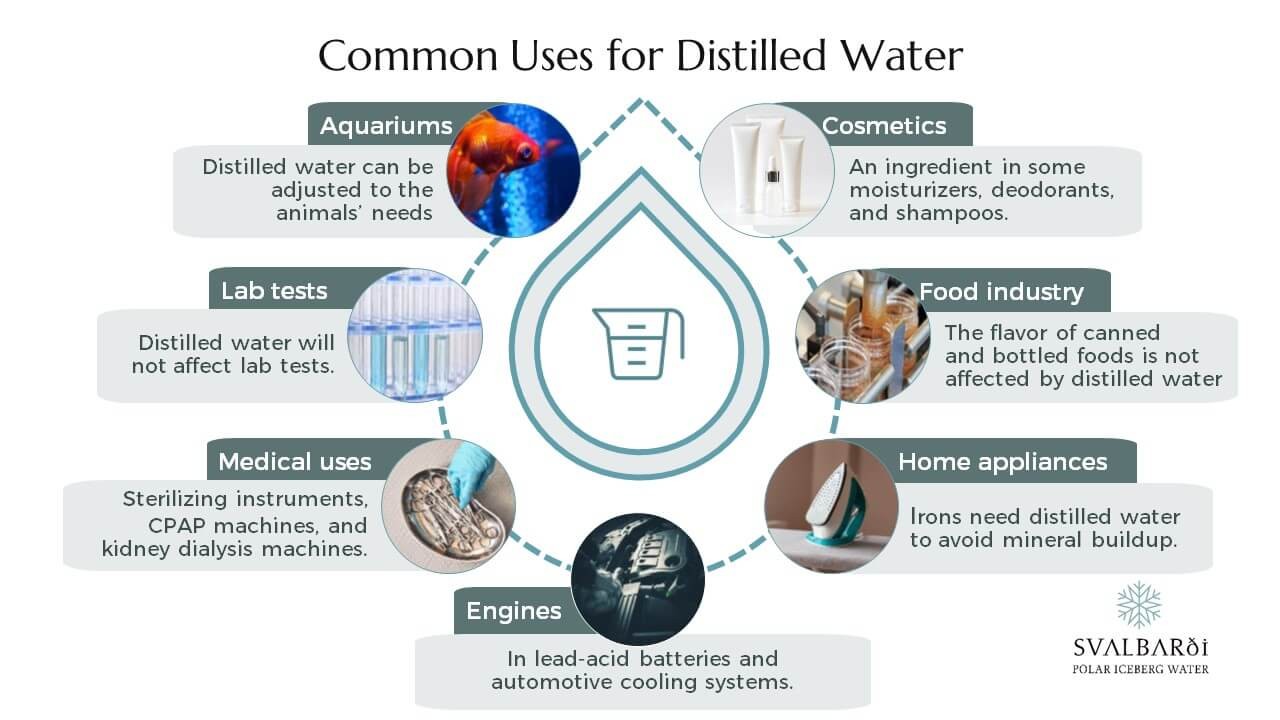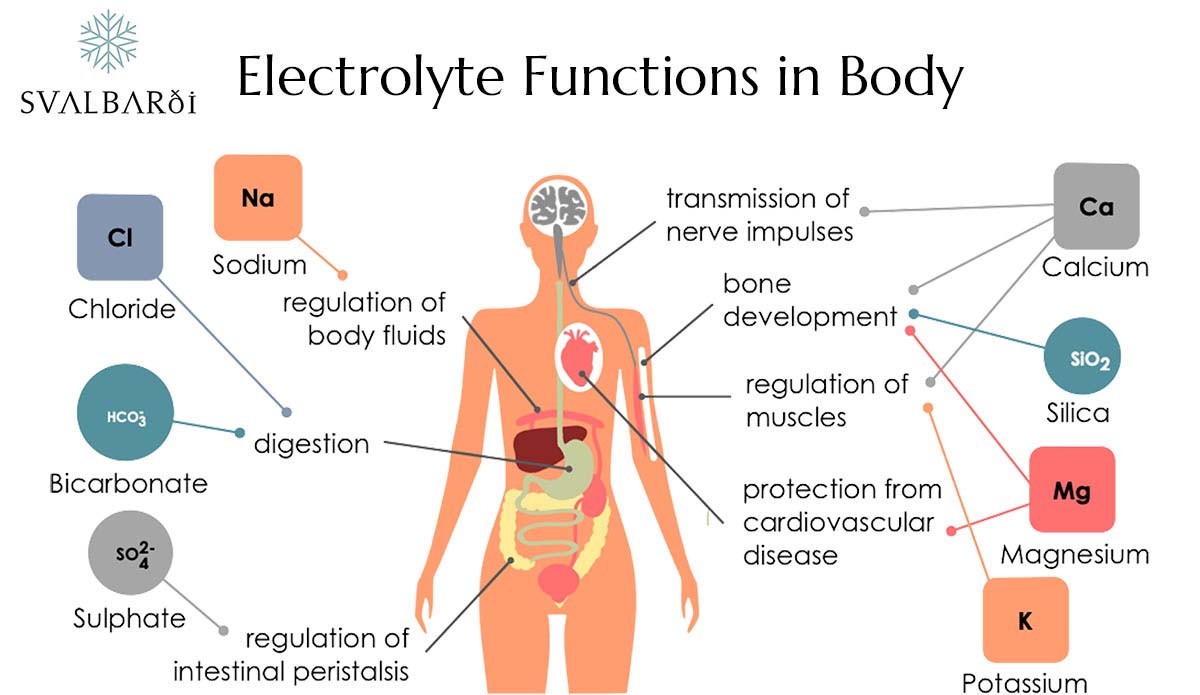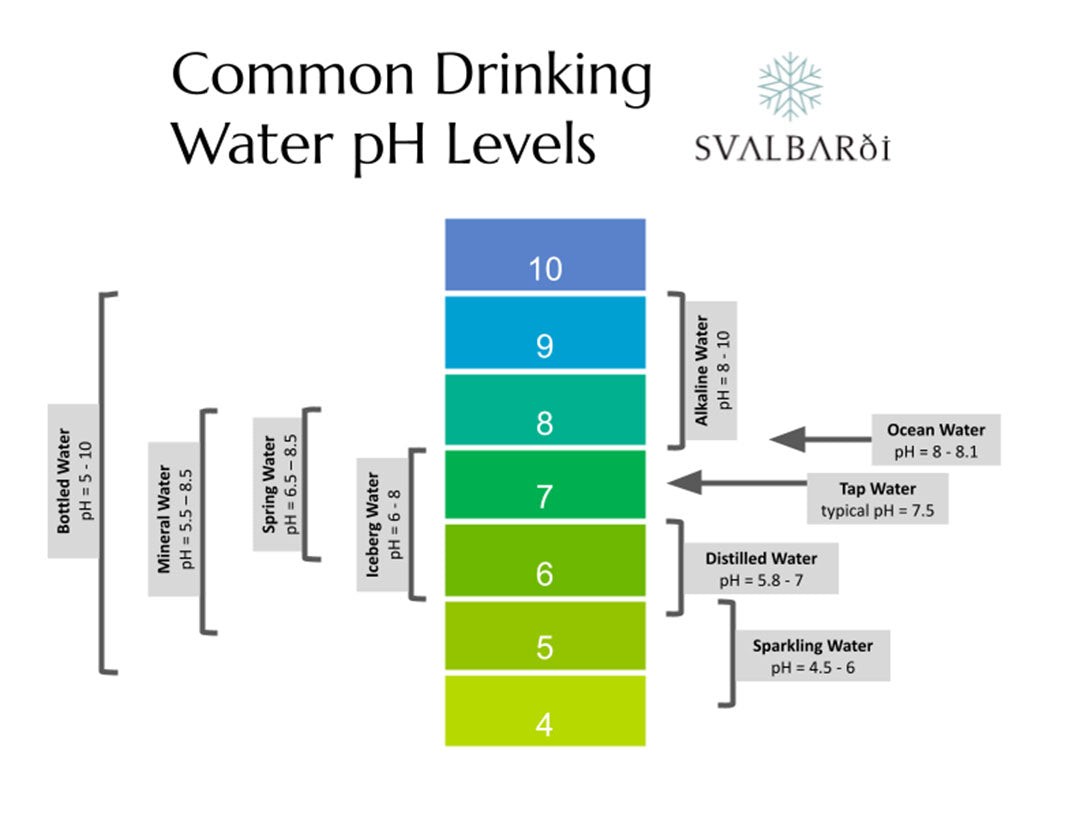Are you curious about what distilled water is used for? At WHAT.EDU.VN, we provide clear answers to your questions. Distilled water, purified through boiling and condensation, serves numerous purposes, from sterilizing medical equipment to enhancing cosmetic products. Let’s explore the diverse applications of this ultra-pure water, including its use in lead-acid batteries, the food industry, and even fish tanks. Want to know more about the benefits and applications of water purification and its role in various industries? Keep reading to discover everything you need to know.
1. What is Distilled Water and How is it Different?
Distilled water is a type of purified water that has been boiled into steam and then condensed back into liquid. This process removes impurities, minerals, and contaminants, resulting in highly pure water. Unlike tap water or even purified water, distilled water contains almost no minerals or dissolved solids. This makes it ideal for various applications where purity is essential. The absence of minerals also gives it a distinctively flat taste that some people find less appealing than mineral-rich water. Wondering what makes distilled water different from other types of water, such as deionized or reverse osmosis water? Let’s delve deeper.
1.1. The Distillation Process: A Detailed Look
The distillation process involves heating water to its boiling point. As the water boils, it turns into steam, leaving behind minerals, salts, and other impurities. The steam is then cooled and condensed back into liquid form. This condensed liquid is distilled water. There are several methods of distillation, including:
- Simple Distillation: This involves boiling water and collecting the steam in a separate container.
- Multi-Stage Flash Distillation (MSF): This method is used in desalination plants to convert seawater into freshwater.
- Fractional Distillation: This process is typically used for separating liquids with different boiling points, such as in petroleum refining.
Each method ensures that the final product is free from contaminants. Interested in knowing which method is most effective for home use? Simple distillation is often the easiest and most practical for smaller-scale purification.
1.2. Distilled Water vs. Purified Water: Key Differences
While both distilled water and purified water undergo processes to remove impurities, the key difference lies in the extent of purification and the presence of minerals. Purified water may be filtered to remove bacteria, viruses, and chemicals, but it often retains some minerals. Distilled water, on the other hand, is stripped of nearly all minerals and contaminants. This makes distilled water purer but also affects its taste and potential health impacts. Do you want to know whether purified water is a better choice for daily hydration? The answer depends on your individual needs and preferences.
2. What are the Primary Uses of Distilled Water?
Distilled water’s unique properties make it suitable for a wide range of applications. Its purity ensures that it won’t leave behind mineral deposits or contaminants, making it ideal for uses where such factors are critical. From medical applications to household uses, distilled water plays a vital role in many aspects of daily life. Curious about the specific industries and applications that rely on distilled water? Let’s find out.
2.1. Medical and Laboratory Applications
In the medical field, distilled water is essential for sterilizing equipment and preparing solutions. Its purity ensures that no contaminants interfere with medical procedures or laboratory experiments. Surgeons use distilled water to sterilize instruments, preventing infections and cross-contamination. Dentists use it to rinse patients’ mouths, ensuring a clean environment. Laboratories rely on distilled water for precise experiments where even trace amounts of impurities can skew results. Are you interested in learning more about the specific protocols for using distilled water in medical settings? Guidelines are available from various medical organizations to ensure proper usage.
2.2. Cosmetic and Skincare Products
The cosmetic industry uses distilled water as a primary ingredient in many skincare and beauty products. The absence of microbes, toxins, and pollutants makes it the perfect choice for formulations that need to be gentle and non-irritating. Distilled water ensures that the final product is free from harmful substances that could affect skin health. Cosmetic manufacturers choose distilled water to preserve the integrity and efficacy of their products. Want to know which cosmetic products benefit most from distilled water? Look for products like toners, cleansers, and lotions that require a pure water base.
2.3. Automotive and Industrial Uses
Distilled water is commonly used in automotive applications, particularly in lead-acid batteries and cooling systems. Minerals in regular tap water can cause corrosion and buildup in these systems, reducing their efficiency and lifespan. Using distilled water helps prevent these issues, ensuring optimal performance. Industries also use distilled water in various manufacturing processes where water purity is critical. Are you thinking about switching to distilled water for your car battery? It’s a simple change that can significantly extend the battery’s life.
2.4. Household Applications: From Irons to Humidifiers
In households, distilled water is used in steam irons, humidifiers, and other appliances where mineral deposits can cause damage. Using distilled water in these devices prevents scale buildup, prolonging their life and maintaining their efficiency. Distilled water also ensures that steam from irons and humidifiers is pure and free from contaminants. Want to keep your appliances running smoothly? Distilled water is an easy and effective solution.
2.5. Aquariums and Fish Tanks
Aquarists often use distilled water to create a neutral base for their fish tanks. Tap water contains minerals and chemicals that can be harmful to fish and other aquatic life. Distilled water allows aquarists to adjust the water’s pH and salinity to meet the specific needs of their aquatic inhabitants. This ensures a healthy and stable environment for the fish. Are you planning to set up a new aquarium? Starting with distilled water is an excellent way to ensure the well-being of your fish.
2.6. Food Industry and Canning
The food industry uses distilled water in canning processes to preserve the flavor and quality of canned goods. The absence of salts and minerals in distilled water prevents it from altering the taste of the food. This ensures that canned products maintain their intended flavor profile and have a longer shelf life. Food manufacturers rely on distilled water to deliver consistent and high-quality products. Interested in knowing more about the canning process? Using distilled water is a simple yet crucial step in preserving food safely.
3. What are the Potential Benefits of Using Distilled Water?
While distilled water may not be the primary source of essential minerals, it offers several benefits, particularly for individuals with specific health concerns or sensitivities. Its purity can be advantageous in certain situations, making it a valuable option alongside other sources of hydration. Want to learn about the specific health benefits and situations where distilled water is most useful? Let’s dive in.
3.1. Purity for Immunocompromised Individuals
Distilled water can be beneficial for individuals with compromised immune systems. People undergoing chemotherapy, organ transplant recipients, those with HIV/AIDS, and some elderly and infants are more susceptible to infections from contaminants in water. Distilled water, being free from biological contaminants like cryptosporidium, offers a safer hydration option. According to a 2013 report by Kerri A. Thom at the University of Maryland, sterile water, including distilled water, can protect high-risk patients from water-borne infections. Are you caring for someone with a weakened immune system? Distilled water can be a simple yet effective way to reduce their risk of infection.
3.2. Potential Assistance in Cancer Surgeries
Some studies suggest that distilled water may have a role in certain cancer surgeries. A 2004 study by the Department of Colorectal Surgery at West Suffolk Hospital in the UK examined whether using distilled water instead of sanitizers during colorectal cancer surgery could help destroy cancer cells. The study found that distilled water has effective tumoricidal properties in laboratory cultures. While current surgical methodologies need adjustments to provide longer exposure of cells to distilled water, the potential benefits are promising. Are you exploring alternative methods in cancer treatment? Distilled water is one area that shows potential for further research.
3.3. Removal of Harmful Contaminants
The distillation process effectively removes harmful contaminants, including protozoa, bacteria, and viruses, according to the Centers for Disease Control and Prevention (CDC). It also removes chemical contaminants like arsenic, lead, nitrate, and many organic chemicals. This makes distilled water a safe option in areas where water quality is questionable or for individuals concerned about specific contaminants. Are you worried about the quality of your local water supply? Distilled water offers a reliable way to ensure you’re drinking water that is free from harmful substances.
4. What are the Risks and Considerations of Drinking Distilled Water?
Despite its purity, drinking distilled water regularly has some potential risks and considerations. The absence of minerals can lead to imbalances in the body if not properly managed. Understanding these risks is essential for making informed decisions about your hydration choices. Do you want to know the potential downsides and how to mitigate them? Let’s explore.
4.1. Lack of Essential Minerals
One of the primary concerns with drinking distilled water is the lack of essential minerals like sodium, potassium, calcium, and magnesium. These minerals are important for various bodily functions, including nerve function, muscle contraction, and maintaining electrolyte balance. While water is not the primary source of these minerals, their absence in distilled water can be a consideration. Are you relying solely on distilled water for hydration? Make sure you’re getting these minerals from other sources, such as food or supplements.
4.2. Potential for Electrolyte Imbalance
The World Health Organization (WHO) has noted that drinking pure distilled water can lead to increased urine output, potentially causing dehydration and dilution of electrolytes in the body. Electrolytes are crucial for maintaining fluid balance, nerve function, and muscle function. Dilution of these electrolytes can lead to symptoms like exhaustion, weakness, and headache. Are you experiencing these symptoms? It could be related to electrolyte imbalance from drinking too much distilled water without adequate mineral intake.
4.3. Taste and Thirst Quenching Properties
Many people find the taste of distilled water to be flat and less thirst-quenching compared to mineral-rich water. The absence of dissolved gases and minerals gives it a bland flavor that some find unappealing. This can affect the amount of water consumed, potentially leading to inadequate hydration. Do you find it hard to drink enough distilled water? Try adding a pinch of sea salt or a squeeze of lemon to improve its taste and enhance its thirst-quenching properties.
4.4. Considerations for Long-Term Consumption
While short-term consumption of distilled water is generally safe, long-term reliance on it may require careful consideration of your overall diet and mineral intake. Ensuring you get adequate minerals from food or supplements is essential to avoid potential health issues. Are you planning to drink distilled water long-term? Consulting a healthcare professional or nutritionist can help you create a balanced hydration plan.
5. What Factors Should You Consider Before Drinking Distilled Water?
Before making distilled water your primary source of hydration, it’s important to consider your taste preferences, dietary habits, and overall health. Evaluating these factors will help you determine whether distilled water is the right choice for you. Want to know what to think about before making the switch? Let’s discuss.
5.1. Taste Preferences and Palatability
The taste of distilled water can be a significant factor for many people. Its flat and bland flavor is often less appealing than mineral-rich water. If you find it difficult to drink enough distilled water due to its taste, it may not be the best option for you. Do you dislike the taste of distilled water? Consider adding a slice of fruit or a splash of juice to make it more palatable.
5.2. Dietary Intake of Minerals
If your diet is lacking in essential minerals like calcium, magnesium, and potassium, relying solely on distilled water for hydration may not be ideal. Water is not the primary source of these minerals, but their presence in tap or mineral water can contribute to your overall intake. Are you getting enough minerals from your diet? Focus on eating a variety of nutrient-rich foods, such as fruits, vegetables, and lean proteins, to ensure you’re meeting your mineral needs.
5.3. Existing Health Conditions and Concerns
If you have existing health conditions, such as electrolyte imbalances or kidney problems, it’s important to consult with a healthcare professional before making distilled water your primary source of hydration. They can provide personalized recommendations based on your specific health needs. Are you managing a health condition? A healthcare provider can help you determine whether distilled water is appropriate for you.
6. What are the Alternatives to Distilled Water?
If you’re looking for alternatives to distilled water that offer a balance of purity and mineral content, several options are available. Understanding these alternatives can help you make an informed decision about your hydration choices. Want to explore other types of water? Let’s take a look.
6.1. Purified Water
Purified water undergoes a filtration process to remove impurities, but it typically retains some minerals. This makes it a good option for those who want clean water with a more natural taste. Purified water is widely available and often used in bottled water products. Are you looking for a middle ground between tap water and distilled water? Purified water could be the perfect choice.
6.2. Reverse Osmosis (RO) Water
Reverse osmosis water is filtered using a fine membrane that removes impurities and most minerals. While it’s not as pure as distilled water, it offers a high level of purification while still retaining a slightly more natural taste. RO systems are commonly used in homes and businesses. Do you want highly purified water at home? An RO system can provide a convenient and effective solution.
6.3. Mineral Water
Mineral water is sourced from underground reservoirs and contains naturally occurring minerals. The mineral content gives it a distinct taste and potential health benefits. Mineral water can be a good option for those looking to increase their mineral intake through hydration. Are you seeking a flavorful and mineral-rich water option? Mineral water could be the answer.
6.4. Spring Water
Spring water is collected from natural springs and typically undergoes minimal treatment. It retains its natural mineral content and offers a refreshing taste. Spring water is a popular choice for those who prefer natural and minimally processed water. Are you drawn to the idea of drinking water straight from the source? Spring water offers a close-to-nature hydration experience.
7. What is the pH Level of Distilled Water and Why Does It Matter?
The pH level of distilled water is an important factor to consider, as it can affect how the water interacts with its environment. While pH may not directly impact health, it’s a useful parameter for understanding water quality. Curious about the pH of distilled water? Let’s explore.
7.1. Understanding pH Levels
The pH scale ranges from 0 to 14, with 7 being neutral. A pH less than 7 indicates acidity, while a pH greater than 7 indicates alkalinity. The pH of distilled water typically ranges from 5.8 to 7. Pure distilled water in a sealed system has a pH of 7, but it can become slightly acidic when exposed to air due to the absorption of carbon dioxide. Do you want to know how pH affects water quality? It’s an important indicator of how water interacts with its surroundings.
7.2. The Impact of pH on Health
The pH of water usually has no direct impact on health or safety. The human body has natural buffering systems that maintain a stable pH level. Consuming acidic or alkaline water will not significantly alter the body’s pH. Are you concerned about the pH of your drinking water? The human body is well-equipped to handle a wide range of pH levels without adverse effects.
7.3. Monitoring pH for Water Quality
While pH may not directly affect health, it’s an important parameter for monitoring water quality. pH affects how water interacts with its environment and can impact the susceptibility of water to other impurities. Monitoring pH levels helps ensure that water is safe and suitable for its intended uses. Are you responsible for maintaining water quality? Regularly monitoring pH levels is a crucial step.
8. How Does Distilled Water Compare to Arctic Water?
Arctic water, particularly iceberg water, is another type of water known for its purity. Comparing distilled water to arctic water can help you understand the unique qualities of each. Want to know the key differences between these two types of water? Let’s find out.
8.1. Mineral and Gas Content
The main difference between distilled water and arctic water is that distilled water has no minerals or dissolved gases, while arctic water does have them in varying degrees. Arctic water, sourced from ancient ice, has extremely low mineral content but retains dissolved gases from when it fell as snow. Do you prefer water with a natural taste? Arctic water offers a refreshing and airy flavor compared to the flat taste of distilled water.
8.2. Taste and Purity
Arctic water has a light and fresh taste due to its dissolved gases, while distilled water has a flat, laboratory-like taste. Both are pure, but distilled water undergoes a more rigorous purification process that removes all minerals and gases. Are you looking for a water that combines purity with a pleasant taste? Arctic water could be the perfect choice.
8.3. Environmental Considerations
Sourcing arctic water can have environmental implications, depending on the method used. Distillation also requires energy, so both options have environmental considerations to keep in mind. Are you concerned about the environmental impact of your water choices? Researching the sourcing and production methods can help you make an informed decision.
9. What are Some Frequently Asked Questions About Distilled Water?
To further clarify the uses, benefits, and considerations of distilled water, here are some frequently asked questions:
| Question | Answer |
|---|---|
| Is it safe to drink distilled water every day? | Yes, distilled water is generally safe to drink every day, but it’s important to ensure you’re getting essential minerals from other sources, such as food or supplements. |
| Can distilled water help with detoxification? | Distilled water can help flush out toxins from the body due to its purity, but it’s not a magical detoxification solution. A balanced diet and healthy lifestyle are also crucial for detoxification. |
| Is distilled water better for making coffee or tea? | Many people prefer using distilled water for making coffee or tea because it doesn’t contain minerals that can alter the taste. However, some minerals can enhance the flavor, so it’s a matter of personal preference. |
| Can distilled water be used for watering plants? | Distilled water can be used for watering plants, especially those sensitive to minerals in tap water. However, most plants benefit from the minerals found in tap water, so it’s not always necessary to use distilled water. |
| Does distilled water expire? | Distilled water itself doesn’t expire, but it can become contaminated if stored improperly. It’s best to store distilled water in a clean, sealed container to prevent contamination. |
| Is distilled water the same as deionized water? | No, distilled water and deionized water are not the same. Distillation involves boiling water and collecting the steam, while deionization removes ions using ion exchange resins. Both processes result in pure water, but the methods are different. |
| Can I make distilled water at home? | Yes, you can make distilled water at home using a simple distillation setup. This involves boiling water and collecting the steam in a separate container. |
| Is distilled water good for cleaning wounds? | Yes, distilled water is good for cleaning wounds because it’s free from contaminants that can cause infection. |
| Can distilled water be used in CPAP machines? | Yes, distilled water is often recommended for use in CPAP machines because it prevents mineral buildup and bacterial growth. |
| What are the signs of electrolyte imbalance from drinking distilled water? | Signs of electrolyte imbalance can include fatigue, muscle cramps, headache, and weakness. If you experience these symptoms, consult a healthcare professional. |




10. Where Can You Find More Information and Expert Advice?
For more information and expert advice on distilled water and its uses, consider the following resources:
- World Health Organization (WHO): Provides guidelines and research on water quality and health.
- Centers for Disease Control and Prevention (CDC): Offers information on water purification methods and safety.
- Water Quality Association (WQA): Provides resources on water treatment and quality.
- Healthcare Professionals: Consult with a doctor or nutritionist for personalized advice on hydration and mineral intake.
Conclusion: Making Informed Choices About Distilled Water
Distilled water serves a variety of important purposes, from medical sterilization to household applications. While it offers the benefit of purity, it’s important to consider the potential risks and ensure you’re meeting your nutritional needs through a balanced diet. Whether you’re using distilled water for a specific application or considering it for daily hydration, understanding its properties and implications is key.
Do you have more questions about distilled water or other water-related topics? At WHAT.EDU.VN, we are here to provide you with the answers you need. Our platform offers a convenient and free way to ask any question and receive expert responses. Don’t hesitate to reach out and let us help you find the information you’re looking for.
Have questions? We have answers.
Visit WHAT.EDU.VN today to ask your questions and get free, reliable answers from our community of experts. Whether it’s about water quality, health, or any other topic, we’re here to help.
Contact us:
- Address: 888 Question City Plaza, Seattle, WA 98101, United States
- WhatsApp: +1 (206) 555-7890
- Website: WHAT.EDU.VN
Let what.edu.vn be your go-to resource for all your questions. Ask away and discover the knowledge you seek!